Creating a fragrant herb garden isn’t just about flavoring meals it can also help repel pesky insects. Many aromatic herbs contain natural oils that discourage mosquitoes, flies, and other bugs from sticking around. Even a small balcony planter can provide protective greenery, making your outdoor space more comfortable. Below are ten standout herbs that are simple to grow and naturally keep unwanted pests at bay.
1. Basil
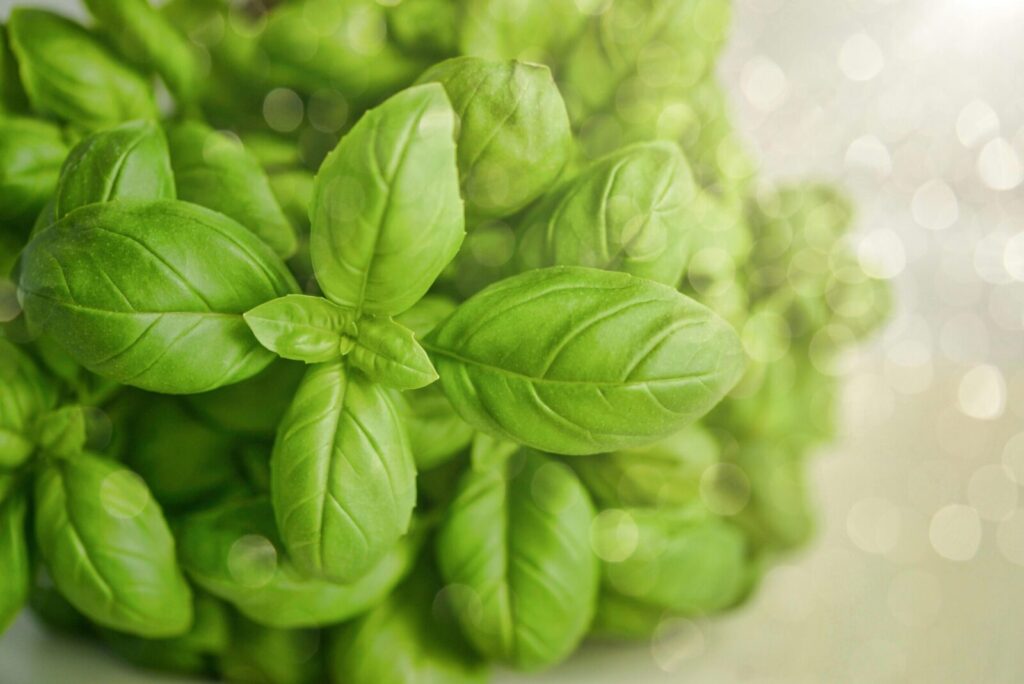
Basil releases a pungent aroma that mosquitoes dislike, making it a popular patio companion. Plant it in rich, moist soil with good drainage and give it at least six hours of sunlight. Regular pinching encourages lush growth and a stronger scent. Whether in pots or garden beds, basil thrives with moderate watering and rewards you with fresh leaves for salads and pasta while keeping biting insects at a distance.
2. Lavender
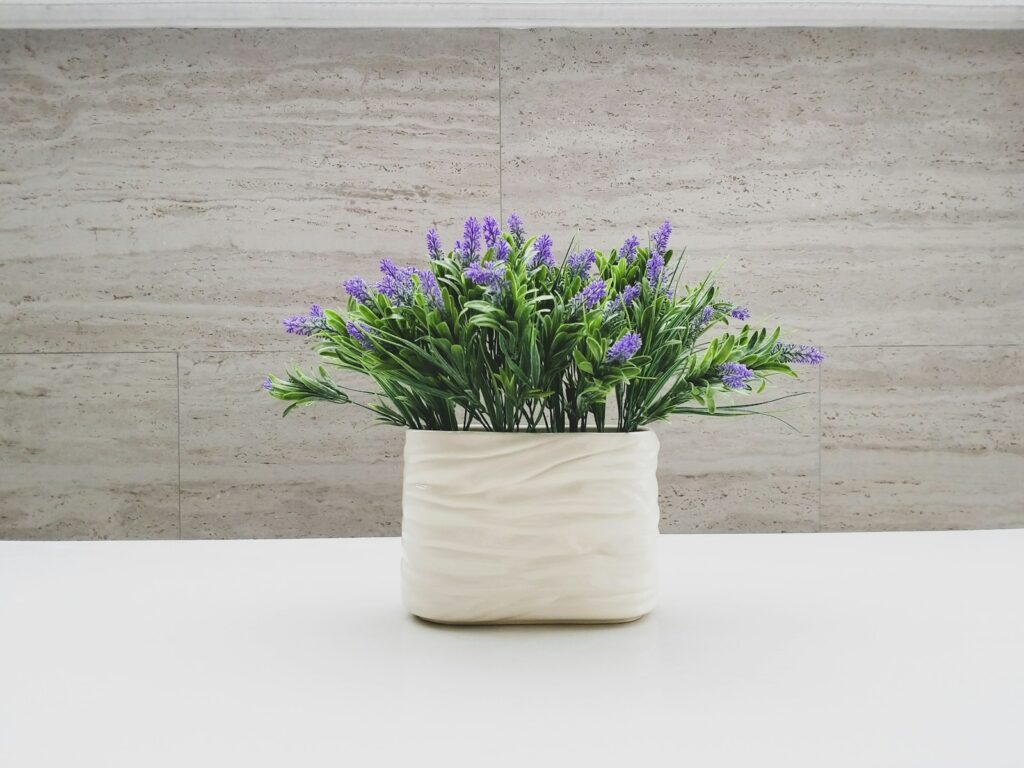
Lavender’s soothing scent is loved by people but loathed by moths, fleas, and flies. This sun-loving perennial prefers well-drained soil and thrives in slightly dry conditions. Once established, it needs little maintenance beyond occasional pruning to keep the shape neat. Planting lavender along walkways or near entryways creates a fragrant barrier that deters insects and adds a splash of purple beauty to your garden.
3. Mint
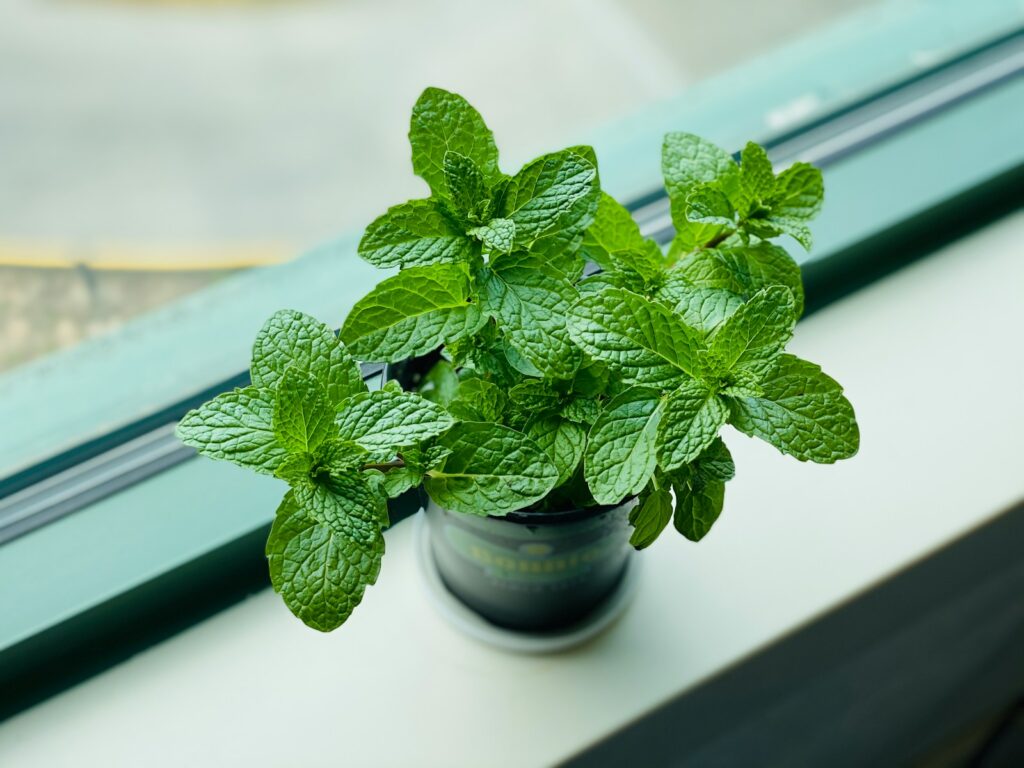
Mint spreads vigorously and is best grown in containers to prevent takeover. Its crisp fragrance wards off ants, mosquitoes, and flies, while its leaves offer endless culinary uses. Provide partial to full sun and keep soil moist but not soggy. A single pot can supply refreshing sprigs for tea, desserts, and savory dishes while acting as a natural bug repellent, especially when leaves are lightly crushed.
4. Rosemary
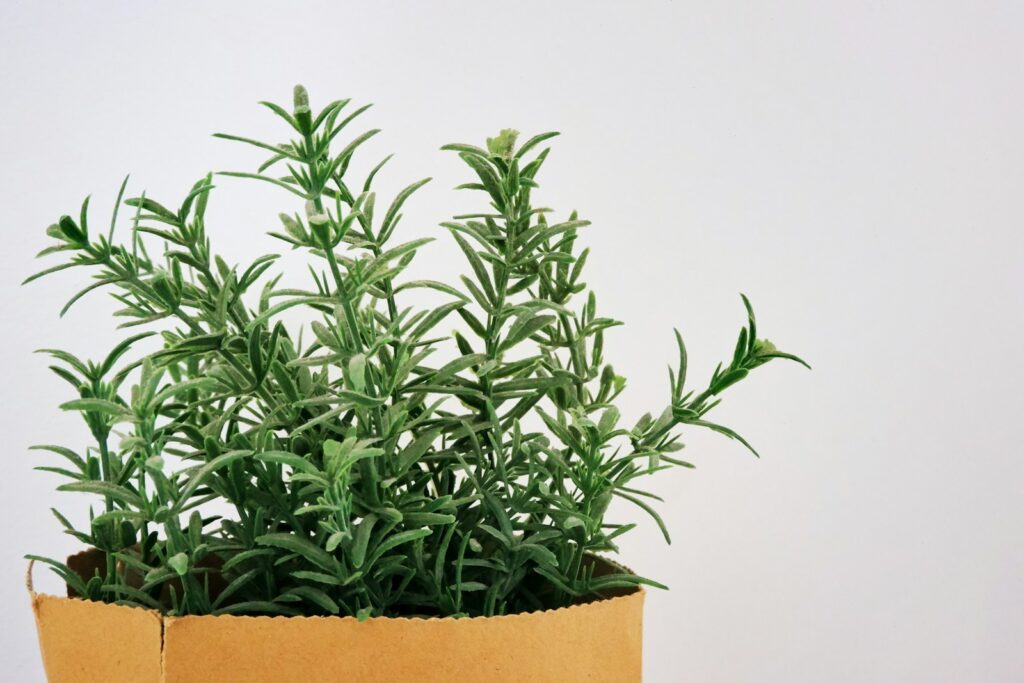
This woody herb thrives in warm, sunny spots and doesn’t mind drier soil, making it ideal for beginners. Rosemary’s resinous scent repels mosquitoes and cabbage moths, and its sturdy stems double as flavorful skewers for grilling. Water sparingly and prune regularly to keep it compact. In climates with cold winters, consider growing rosemary in a pot that can be moved indoors during frosty months.
5. Lemon Balm
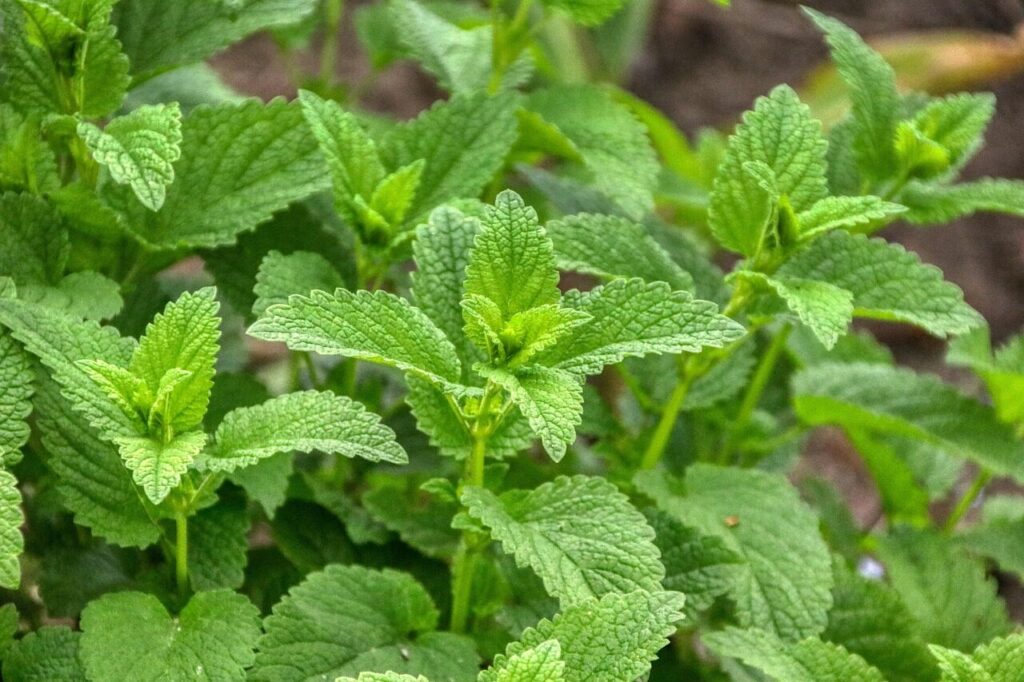
A close relative of mint, lemon balm emits a fresh, citrusy aroma that mosquitoes and gnats dislike. It grows well in partial shade and tolerates a variety of soils, though it prefers slightly moist conditions. Snip leaves often to encourage bushy growth and to enjoy their bright flavor in teas or baked goods. Because it spreads quickly, container planting helps manage its enthusiastic growth.
6. Thyme
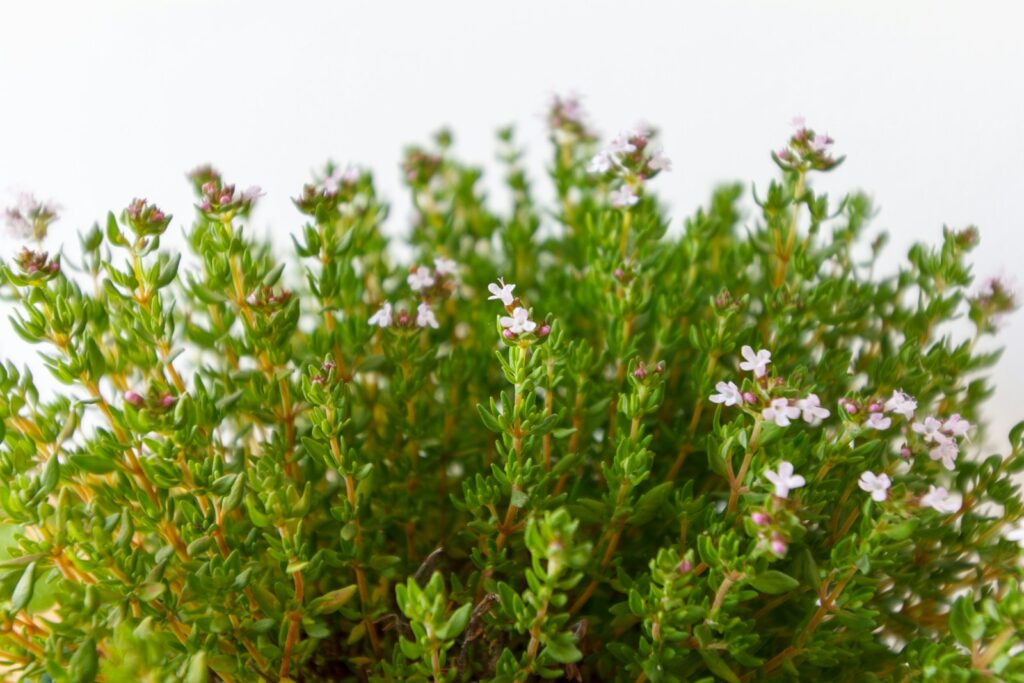
Thyme’slow-growing habit makes it a versatile choice for edging pathways or filling small garden gaps. Its tiny leaves carry natural compounds that deter whiteflies and mosquitoes. Plant thyme in well-drained soil and full sun for best flavor and fragrance. Once established, it requires minimal watering and care, producing aromatic sprigs that enhance roasted vegetables, soups, and marinades throughout the season.
7. Oregano
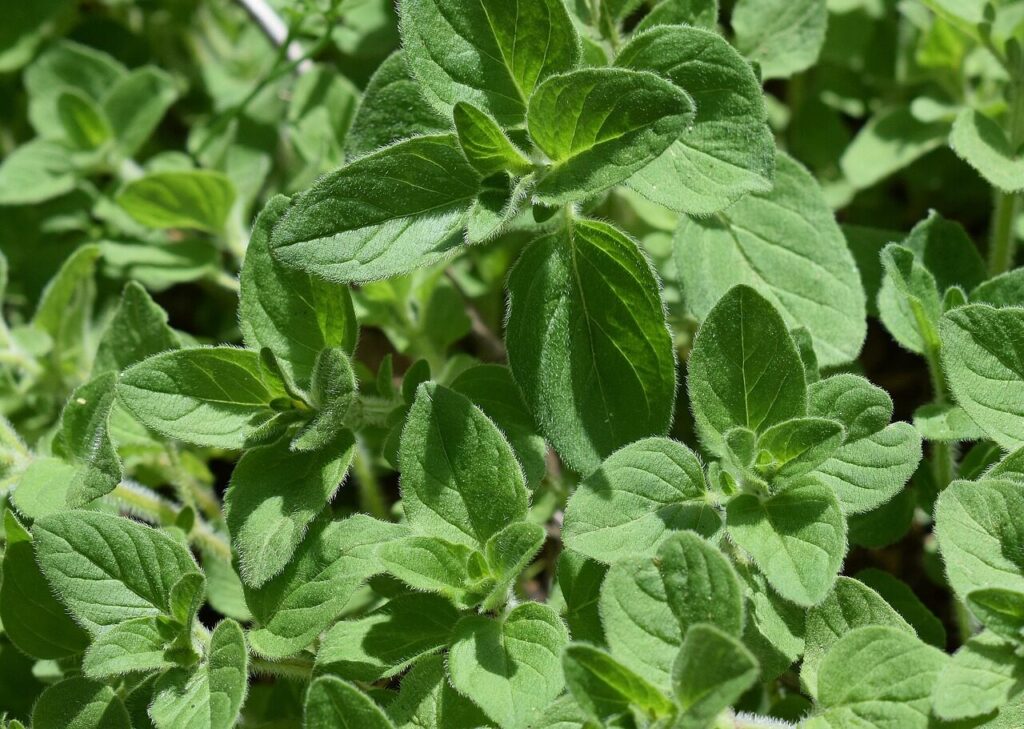
Oregano offers both culinary value and insect-fighting power thanks to its pungent oils. It thrives in full sun and slightly dry soil, which makes it a great option for low-maintenance gardens. Regular trimming promotes dense, fragrant growth and prevents the plant from becoming woody. Whether used fresh or dried, oregano adds depth to pasta sauces while quietly discouraging mosquitoes and other flying pests.
8. Sage
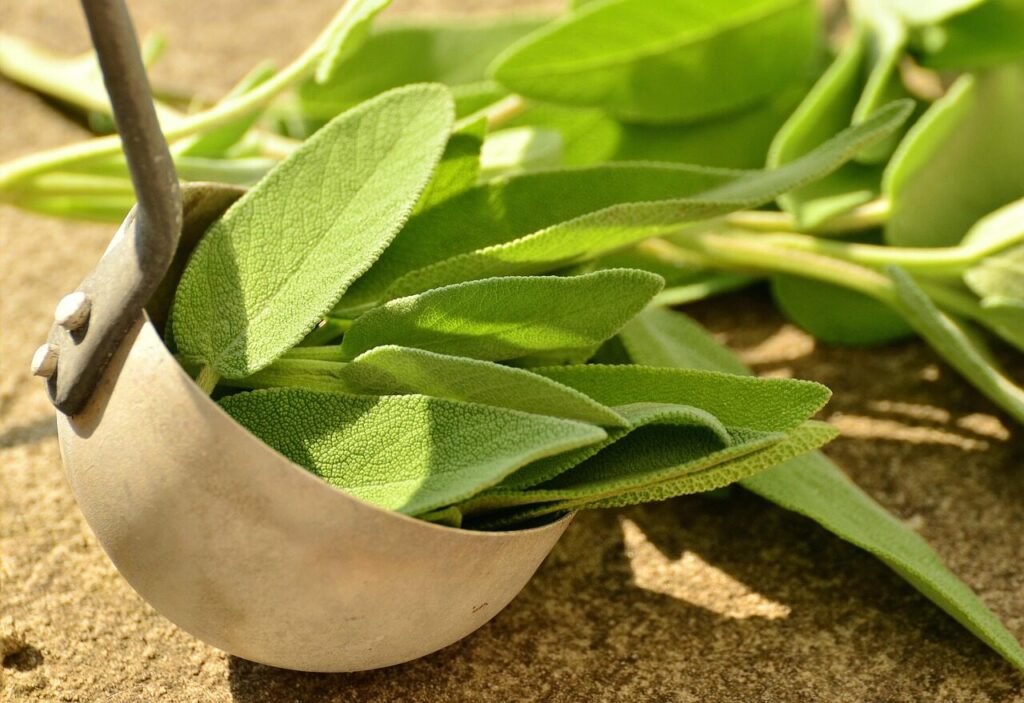
Sage’s earthy fragrance is particularly unappealing to mosquitoes and cabbage moths. It prefers sunny spots and well-drained soil, making it relatively fuss-free. Water sparingly to avoid root rot, and harvest leaves to flavor roasted meats or to dry for smudge sticks. For extra bug-repelling benefits, toss a few sage leaves on the grill or fire pit to release an aromatic smoke that keeps insects at bay.
9. Catnip
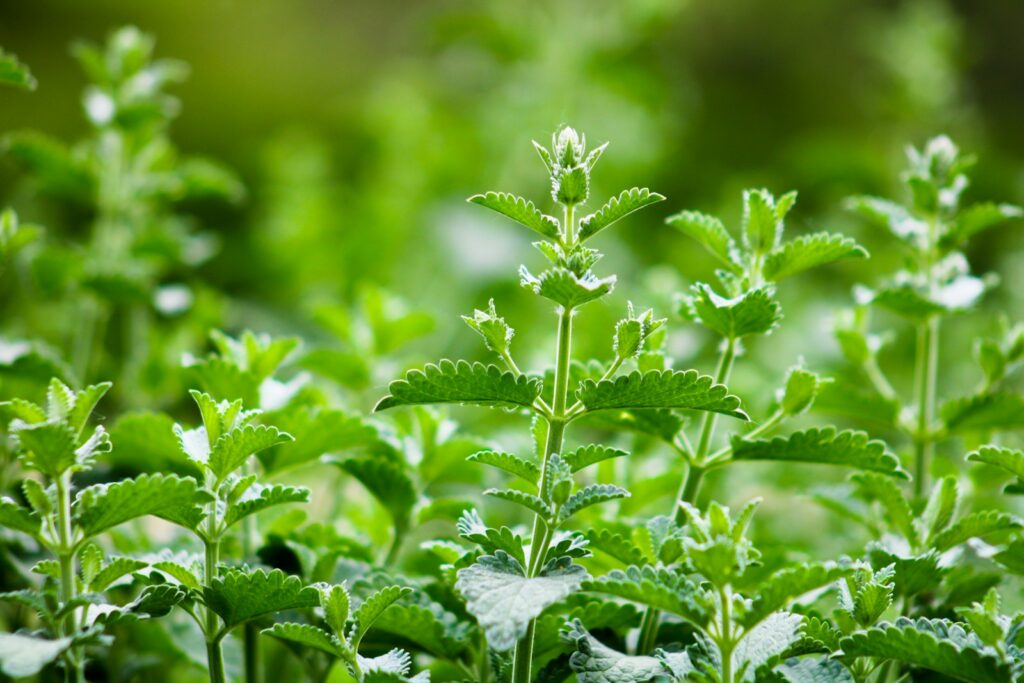
Best known for its effect on felines, catnip also repels mosquitoes more effectively than some commercial sprays. It grows quickly in full sun and adapts to many soil types, though it appreciates regular watering. Cutting back stems after flowering encourages new growth and maintains shape. While your cat may love it, insects steer clear of its natural compound, nepetalactone, which provides strong repellent properties.
10. Chives
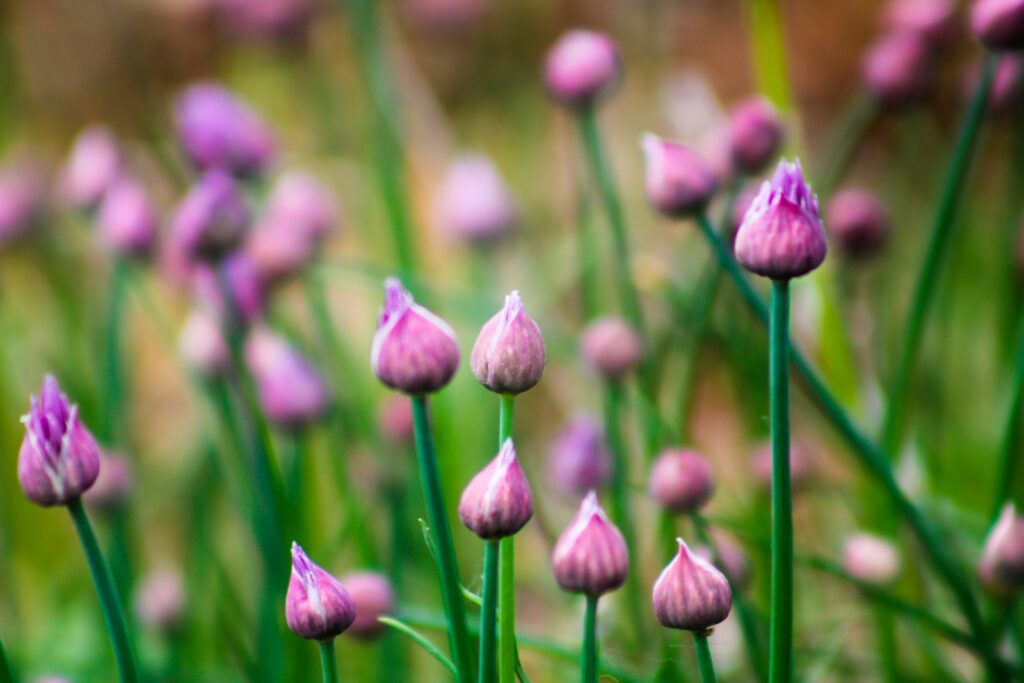
Chives add mild onion flavor to dishes and discourage aphids, Japanese beetles, and carrot rust flies. These hardy perennials like full sun and moist, fertile soil. Their purple pom-pom blossoms not only look cheerful but also attract pollinators while confusing pests. Regular trimming keeps clumps tidy and ensures a steady supply of fresh shoots for soups, salads, and garnishes all season long.
11. Marigold
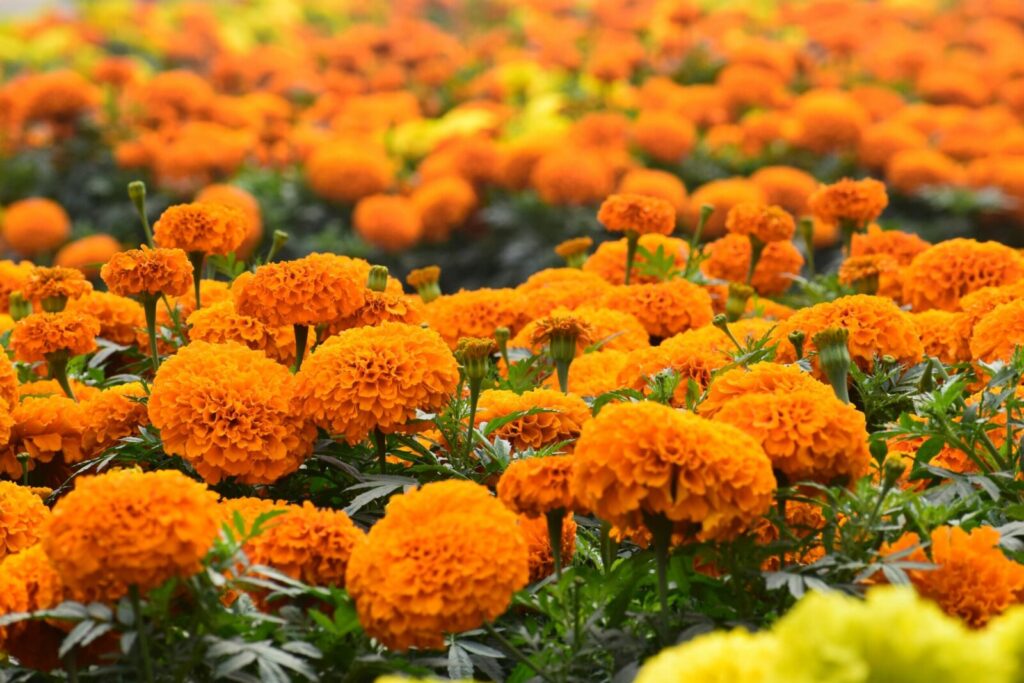
Though often grown for their cheerful blooms, marigolds also emit a sharp scent that mosquitoes, aphids, and nematodes dislike. These hardy annuals love full sun and well-drained soil, flourishing in borders or pots. Deadhead spent flowers to encourage continuous color and fragrance. Their bright petals not only brighten garden beds but also provide a natural barrier, making marigolds an easy companion for vegetables and other herbs.
12. Lemongrass
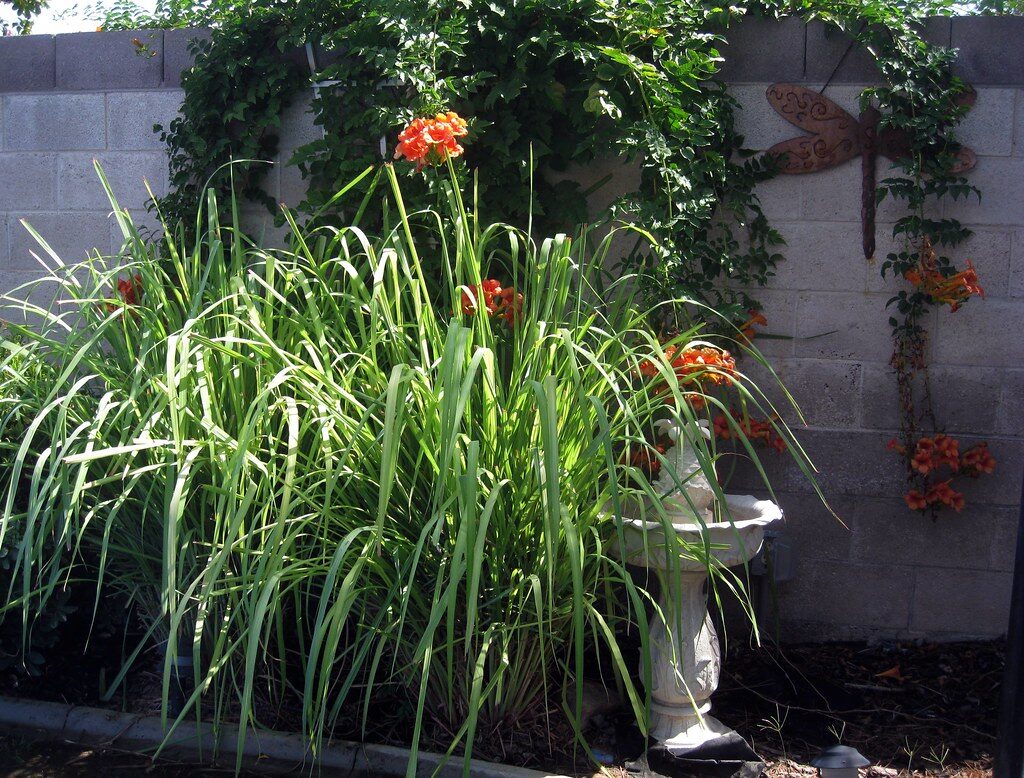
Lemongrass contains citronella oil, a renowned mosquito deterrent, and thrives in warm, sunny climates. Plant it in rich, well-drained soil and water regularly to maintain its lush, grass-like clumps. Harvest stalks for teas, curries, or aromatic broths while enjoying its natural insect-repelling qualities. In cooler regions, grow lemongrass in a large container so it can be moved indoors when temperatures drop below 40°F.
13. Bay Laurel
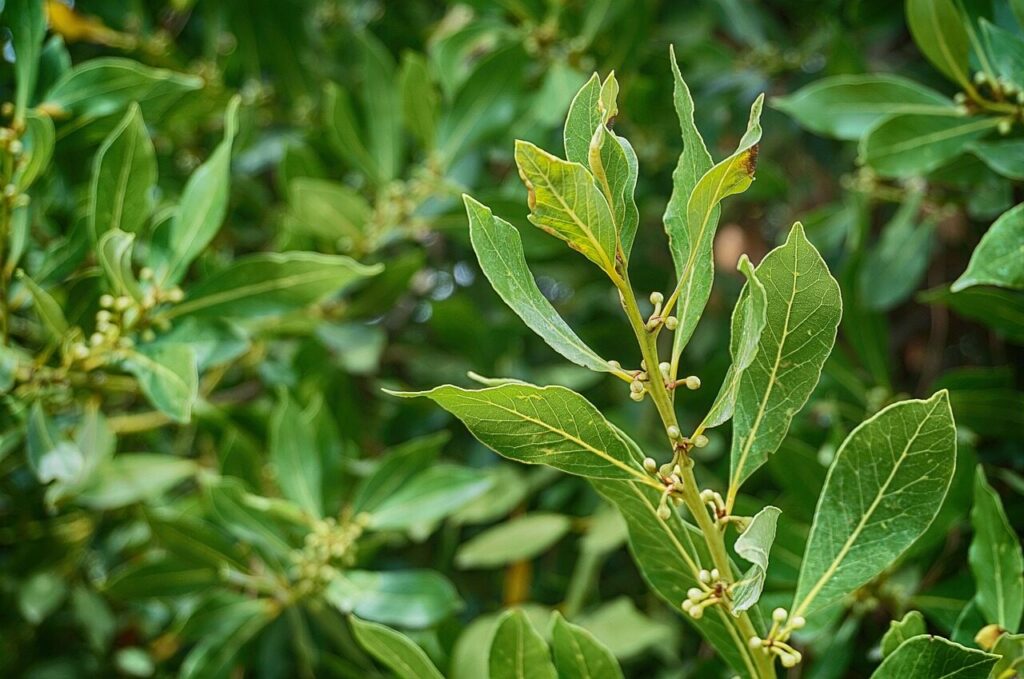
The glossy leaves of bay laurel not only flavor soups and stews but also repel flies, moths, and other household pests. This evergreen shrub prefers full sun and slightly acidic, well-drained soil. Bay grows slowly, so prune sparingly to maintain shape and encourage fresh growth. Whether planted in a large pot or garden bed, its fragrant leaves provide year-round culinary and insect-deterring benefits, making it a timeless addition to any herb garden.
Comments